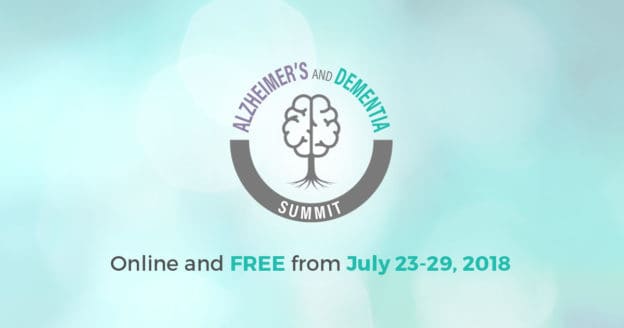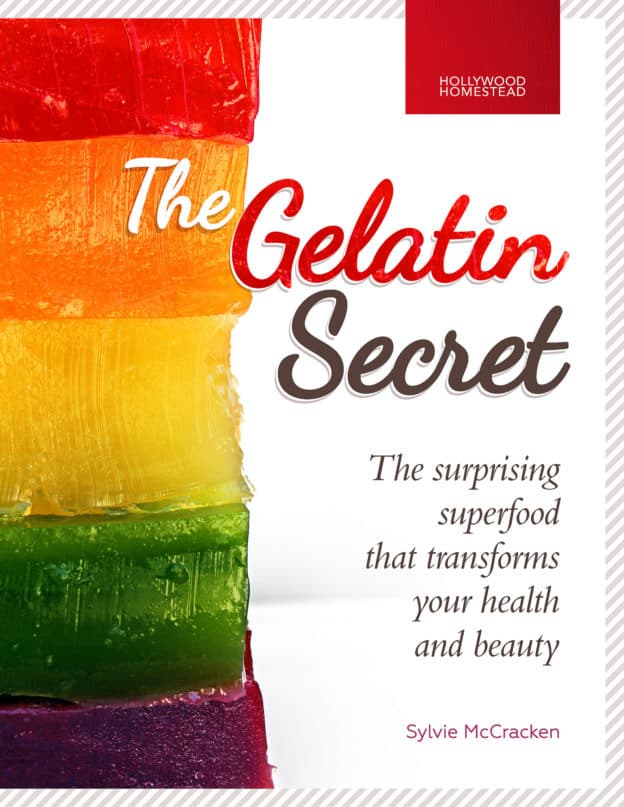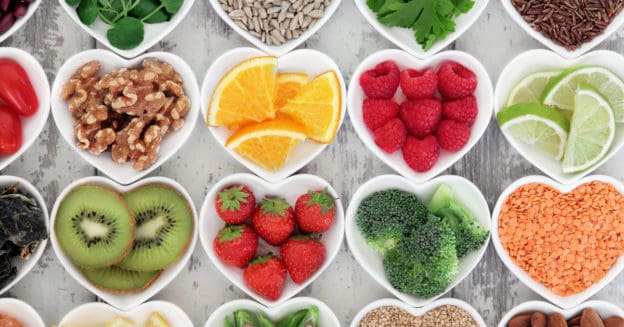Did you know that February is American Heart Month? Heart disease is the leading cause of death in the U.S. This celebration aims to help people evaluate their personal heart health and learn how to properly care for their bodies. Today we’ll be exploring some of the risk factors for heart disease, and comparing the risks and benefits of dietary changes vs. prescription medications.
Heart disease is a condition of the blood vessels that causes a process called atherosclerosis, or a “hardening” of the vessels. The affected vessels fill up with plaque, which blocks veins and arteries, causing DVTs, heart attacks or strokes. But at its core, heart disease is the culmination of possible genetic factors and a lifetime of dietary and fitness choices.
Heart Issues and Medications
The top three risk factors for heart disease are high blood pressure, high cholesterol, and type II diabetes. While all three can be influenced by genetics, they correlate highly with weight, diet and exercise habits. Despite this correlation, many people are prescribed medications to treat these conditions and are never asked or ignore suggestions to make proper lifestyle changes. In fact, millions of Americans rely on medications to “solve” their health problem, when simple nutrition could help dramatically.
Of course there are times when medication is unavoidable. But if possible, it should be a last resort, not the first pit stop. Here’s why: medications don’t teach people how to care for their bodies every day, and they can have dangerous side effects. For example, the blood thinner Pradaxa, often given to patients with high cholesterol, definitely does its job and can help prevent blood clots. On the other hand, it also carries the harrowing possibility of deadly bleeding from even a minor cut or injury.
The same goes for other medications. Statins are drugs that lower your LDL (the “bad” cholesterol), but they can also cause liver damage and memory loss. For diabetics, the medication metformin helps the body to use insulin more efficiently by improving the sensitivity of body tissues. In some cases, however, it may cause a serious, fatal condition called lactic acidosis in which lactic acid builds up in the blood. In contrast, a shift in nutrition can help naturally lower your LDL, manage your hypertension and help those with prediabetes from getting full-blown type II diabetes, without any serious dangers. A nutritious lifestyle is a wholly positive shift, and it will help you develop better habits for life.
Nutritious Solutions for Heart Health
Every person’s nutrition needs are different. For example, a person with celiac disease can thrive on a gluten-free diet, while a person with irritable bowel syndrome may need a more personalized diet based on the low-FODMAP diet plan. The same goes for heart health. Generally speaking, avoiding trans fats, sugar-filled snacks and processed products is a great first step. From there, it’s important to consider the needs of your specific condition.
Individuals with high cholesterol need to focus on foods that let them lower the LDL in their blood. While trans fats should be avoided, polyunsaturated fats directly lower LDL and should be included. You’ll also want to make sure to eat plenty of foods high in soluble fibers, like fruits, peas, lentils and some bean varieties. Plant sterols and stanols also help hinder the absorption of cholesterol by your body, and can be found in nuts, legumes and whole grains.
For people with high blood pressure, there’s a specific diet plan known as the DASH diet. DASH stands for Dietary Approaches to Stop Hypertension, and it’s easier to follow than most diets because it doesn’t require huge food group restrictions. Rather, the diet encourages the use of a wide range of foods that are rich in potassium, calcium, magnesium, fiber, and protein, and low in sodium. Dieters should make sure to include whole grains, nuts, broccoli, carrots, kale, and lean meats. Research has shown the DASH diet can lower blood pressure in just two weeks.
For diabetics, things are a bit different. It is impossible to manage full-blown Type I or Type II diabetes through diet and exercise alone. If you have diabetes, insulin injections are absolutely essential, and some medications may be required. You should still, of course, be aware of your dietary choices; it’s recommended that diabetics and prediabetics use the glycemic index to avoid blood sugar spikes.
If you’re prediabetic, have a family medical history of diabetes, or other diabetes risk factors, nutrition and lifestyle changes can absolutely help. As with hypertension and high cholesterol, avoiding saturated fats, processed foods and getting a sufficient amount of fiber will be helpful. It’s also important to maintain an appropriate weight, because obesity is a leading risk factor for diabetes.
As with everything, the keys to a healthy heart are communication and smart choices. Always talk to a professional before beginning a new exercise regime or diet. If you’re already on a medication, it’s imperative to talk with your doctor before making major changes, or before stopping the drug. This February, take the time to check in with your body, and listen to what it tells you. It may be time to make some changes for a healthier you!
*This is a non-sponsored guest post









